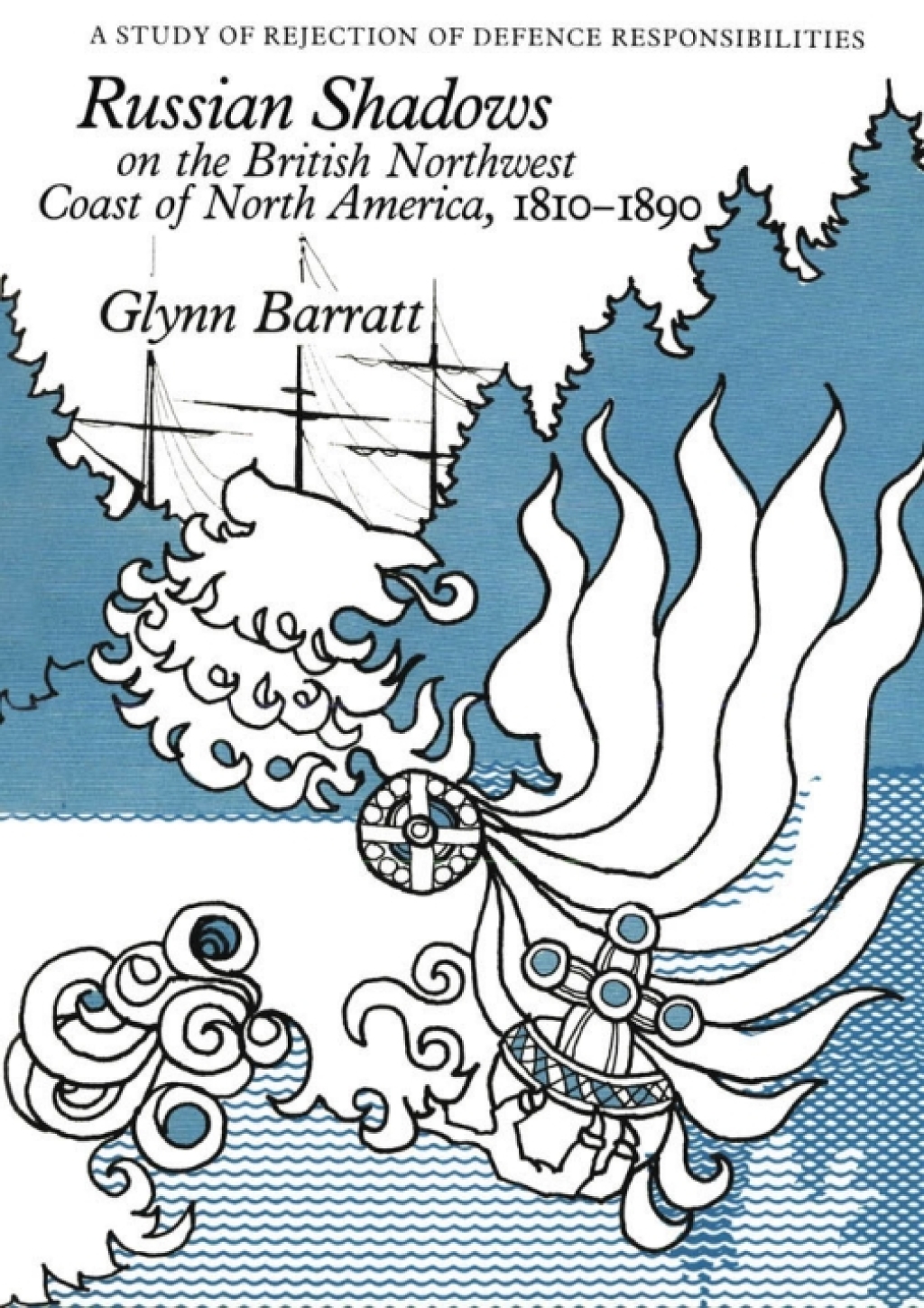Description
Russia threw her shadow on the Northwest Coast before the British came to what is now known as British Columbia. Spanish fears of a ‘Muscovite’ advance on her possessions from Alaskan outposts were well known in eighteenth-century Europe. This book focuses on the development of British and Canadian perceptions of Russian naval strength in the Pacific during the nineteenth century and weighs the consequences — psychological, political, and military — of the reluctance of both countries to assume coastal defence responsibilities. Early chapters reveal that both before and after the Crimean War, Vancouver Island residents had glimpses of Russian naval power and felt exposed and vulnerable. The Stikine Incident of 1834 and tensions between Britain and Russia in the Balkan and Afghan wars increased the ‘Russophobia’ of many settlers. In response to their fears, Britain established a naval base at Esquimalt but continually discounted any danger. Barratt argues that the Russian threat was genuine, but that Britain’s main concern was for the military power of the United States and the possibility of a Russo-American entente which would weaken British influence in the North Pacific. After 1871, Canada adopted Britain’s attitude and declined to provide West Coast defences or to strengthen provincial militia, continuing to rely on the protection of the Royal Navy until taking over the Esquimalt garrison in 1906. Barratt shows how central Canada’s failure to assume responsibility for defence strained federal-provincial relations and sowed the seeds of future dissension. He further maintains that Britain’s habit of underestimating the Russian threat helped to shape Canada’s traditionally non-aggressive, non-militaristic nationalism.






